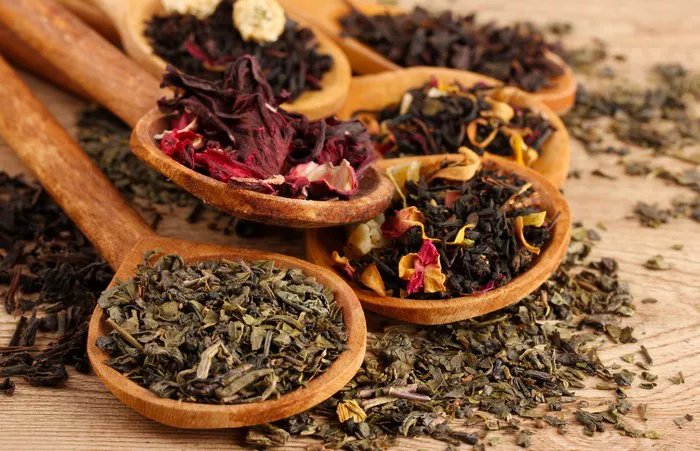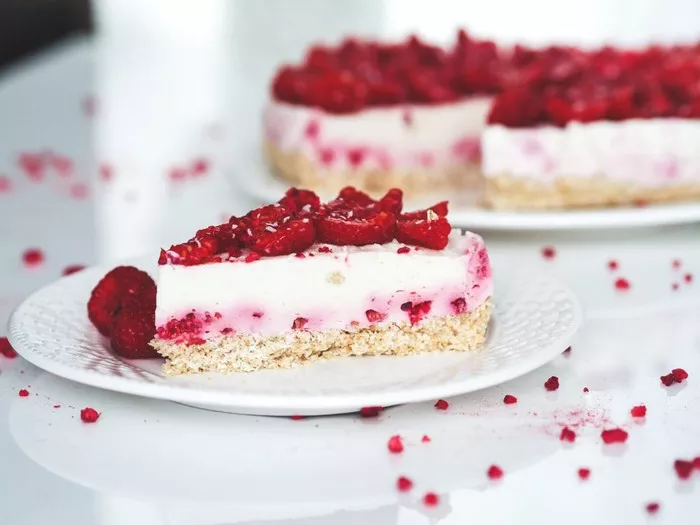Tea, a timeless beverage cherished for its soothing properties and diverse flavors, holds a special place in the hearts of many. As individuals age, the importance of maintaining health and well-being becomes increasingly paramount. The good news is that tea, with its myriad health benefits, can be a valuable ally in promoting longevity and vitality. In this comprehensive guide, we explore the world of tea and recommend specific varieties that older adults can embrace for their unique health advantages.
Green Tea: The Elixir of Antioxidants
Green tea, renowned for its rich antioxidant content, stands out as an excellent choice for older individuals. The antioxidants found in green tea, particularly catechins, have been associated with a range of health benefits, including reduced inflammation and improved heart health. Regular consumption of green tea may also contribute to cognitive function, making it a compelling option for those seeking to support overall well-being.
Black Tea: Boosting Heart Health
Black tea, a classic favorite, boasts a robust flavor profile and contains powerful compounds that promote cardiovascular health. The theaflavins and catechins in black tea have been linked to lower blood pressure and improved cholesterol levels. For older individuals looking to maintain a healthy heart, incorporating black tea into their daily routine can be a delicious and heartwarming choice.
Herbal Teas: Nature’s Soothing Infusions
Herbal teas, often caffeine-free and derived from a variety of plants, offer a range of health benefits suitable for older adults. Chamomile tea, known for its calming properties, can aid in relaxation and promote better sleep. Peppermint tea may assist with digestion, while ginger tea can help alleviate nausea and inflammation. Exploring the world of herbal teas provides older individuals with an opportunity to tailor their tea selection to specific health needs.
White Tea: Delicate and Nutrient-Rich
White tea, the least processed among tea varieties, retains a high concentration of antioxidants and nutrients. Its delicate flavor profile and lower caffeine content make it an excellent choice for older individuals looking for a milder alternative. White tea has been associated with potential anticancer properties and may contribute to skin health. Embracing white tea as part of a well-balanced tea regimen introduces a subtle and nourishing option to the palate.
Oolong Tea: Balancing Body and Mind
Oolong tea, with its unique oxidation level falling between green and black tea, offers a well-rounded experience for tea enthusiasts. Rich in antioxidants, oolong tea may assist in weight management and contribute to overall metabolic health. For older individuals aiming to strike a balance between physical and mental well-being, incorporating oolong tea into their routine can be a flavorful and health-conscious choice.
Rooibos Tea: Naturally Caffeine-Free Comfort
Rooibos tea, derived from the leaves of the South African red bush, stands out as a caffeine-free option packed with health-promoting compounds. Rich in antioxidants and minerals, rooibos tea may support immune function and bone health. Its naturally sweet flavor makes it an appealing choice for those seeking a comforting and caffeine-free alternative, ideal for afternoon relaxation.
Matcha: Green Tea’s Potent Cousin
Derived from shade-grown tea leaves ground into a fine powder, matcha offers a concentrated source of green tea’s benefits. The process of consuming whole leaves amplifies the intake of antioxidants and nutrients, making matcha a potent choice for older adults. Matcha may contribute to mental alertness, boost metabolism, and provide a sustained energy release, making it a valuable addition to the tea repertoire for those seeking holistic health benefits.
Pu-erh Tea: Aged Elegance with Potential Health Perks
Pu-erh tea, known for its unique fermentation and aging process, presents a distinctive flavor profile and potential health perks. Some studies suggest that pu-erh tea may aid in digestion, reduce cholesterol levels, and support weight management. Its earthy and robust taste appeals to those with a penchant for complex flavors, making it a sophisticated addition to the tea choices for older adults.
Hibiscus Tea: Vibrant and Heart-Healthy
Hibiscus tea, made from the vibrant petals of the hibiscus plant, is not only visually appealing but also rich in antioxidants and vitamin C. This herbal tea has been associated with lower blood pressure and improved cardiovascular health. Its tart flavor profile provides a refreshing alternative, and its potential health benefits make it a delightful choice for older individuals looking to invigorate their tea experience.
Sencha: Japanese Green Tea for Serenity
Sencha, a traditional Japanese green tea, offers a refreshing and grassy flavor profile that captivates the senses. Rich in catechins, sencha provides antioxidant benefits associated with immune support and cellular health. Its low caffeine content makes it suitable for those who wish to enjoy the goodness of green tea without excessive stimulation. Sencha can be a harmonious addition to the tea choices for older adults, offering a taste of Japanese serenity.
Conclusion:
In conclusion, the world of tea provides a vast array of options for older adults seeking to enhance their health and well-being. Whether one chooses the antioxidant-rich green tea, heart-healthy black tea, soothing herbal infusions, or the unique flavors of oolong, rooibos, or pu-erh, each tea variety brings its own set of benefits to the table. By incorporating a diverse range of teas into their daily routine, older individuals can not only savor the delightful nuances of different blends but also contribute to a holistic approach to wellness that spans physical, mental, and emotional health. Tea, in its many forms, remains a time-honored companion on the journey to a healthier and more vibrant life.

























